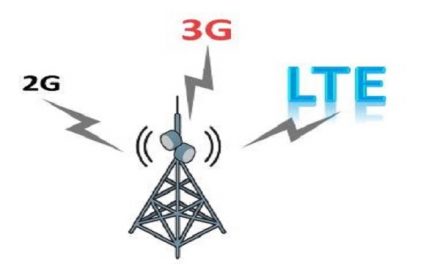When Econet founder Strive Masiyiwa called for the removal of sanctions, many blamed him for siding with the Zimbabwean government at the expense of the poor. For many years, the debate as to whether sanctions affect ordinary citizens has raged on. Some argue that targeted sanctions only affect those who are on the dreaded list. Others think otherwise. However, recent communication from Steward Bank confirms that sanctions can be blamed for exorbitant charges on incoming international telegraphic transfers.
Telegraphic transfers
In a notice to its customers, Steward Bank says, “Steward Bank does not charge customers any fees for incoming TTs, however, Intermediary banks tend to charge customers high fees because of the huge risk associated with USD/GBP/EUR personal transfers which are under sanctions scrutiny by the authorities.” Currently, the intermediary bank charges are between 0.5% and 0.7% depending on currency and amount to be remitted. For those sending less than the minimum amounts of USD250, GBP100 and EUR50, the banks charge a discretionary levy which can be anything between 50% and 70%. Without a doubt, these charges are too high. We have more than 4 million Zimbabweans in the diaspora most of whom send money home regularly. Certainly, the above is not ideal if they are sending money home.
For now, Steward Bank encourages customers to use Cassava Remit, World Remit, Money Gram, Western Union and others for which there are no extra charges to be levied on recipients of funds.

Further sanctions
Without attempting to argue whether we deserve the sanctions or not, it is important to note that the European Union (EU) is contemplating further sanctions on Zimbabwe. Initially, 200 individuals and companies were on the sanctions list but this list had been revised downwards as relations between Zimbabwe and its western counterparts seemed to be improving. Now, a recommendation to impose further sanctions is under discussion and one of the striking resolutions seeks to, “Remind the Government of Zimbabwe that the support of the European Union and its Member States in the context of the Cotonou Agreement and for trade, development and economic assistance is conditional on its respecting the rule of law and the international conventions and treaties to which it’s party.” This is quite clear. The EU will not support us in trade and development unless we meet their conditions. Many had hoped that Brexit would soften the EUs stance on Zimbabwe since our biggest antagonist Britain will no longer be there to add to champion the cause. However, it looks like sanctions will already be tougher by the time Brexit actually happens.
There is still so much discussion to happen on the topic of sanctions. While some think that Zimbabwe should just swallow its pride and comply to the conditions set by the EU, it is not as simple as it looks. There are many considerations, a lot of interests to protect and so many agendas. But everyone should at least agree that a Zimbabwe free of sanctions will make things easier, cheaper and faster for all of us, politicians or non-politicians.









Techzim says “For those sending less than the minimum amounts of USD250, GBP100 and EUR50, the banks charge a discretionary levy which can be anything between 50% and 70%.” That’s different from the Steward Bank statement.